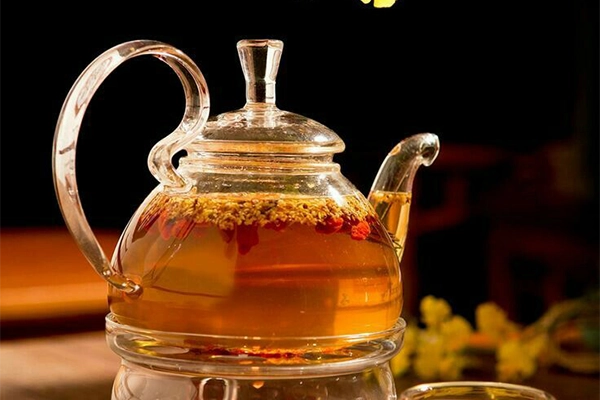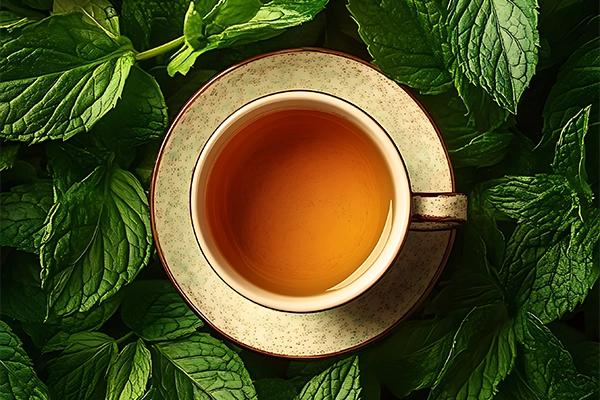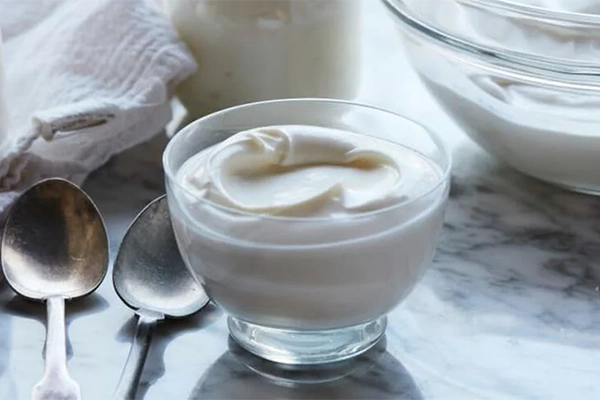Herbal teas offer a wide range of health benefits, making them a popular choice for those seeking natural wellness solutions. These herbal tea benefits include everything from digestive support and stress relief to immune system boosting and antioxidant protection. Made from various plants, herbs, and spices, herbal teas provide a caffeine-free alternative to traditional teas, allowing people to enjoy their soothing flavors and potential health-promoting properties throughout the day.
Discovering the Benefits of Herbal Teas
1. Digestive Health
One of the most well-known herbal tea benefits is its positive impact on digestive health. Peppermint tea, for instance, is renowned for its ability to reduce bloating and soothe an upset stomach. The menthol in peppermint has antispasmodic properties that can relax the muscles of the gastrointestinal tract, providing relief from indigestion and abdominal discomfort.
2.Stress Relief and Sleep Aid
The stress-relieving and sleep-inducing properties of certain herbal teas are among their most cherished benefits. Chamomile tea, in particular, has been used for centuries to promote relaxation and improve sleep quality. The apigenin in chamomile binds to specific receptors in the brain that may decrease anxiety and initiate sleep.
3. Immune System Support
Boosting the immune system is one of the crucial herbal tea benefits, especially during cold and flu seasons. Echinacea tea is particularly noted for its immune-boosting properties. It contains active compounds that can increase the number and activity of immune cells in the body, potentially reducing the severity and duration of cold symptoms.
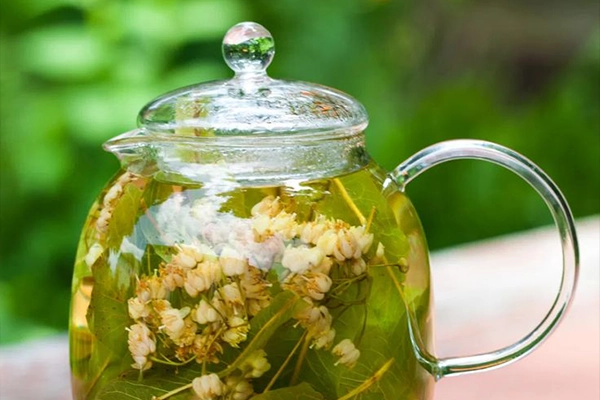
4. Antioxidant Power
The potent antioxidant properties of certain herbal teas constitute one of their most significant health benefits. Green tea, while technically not an herbal tea, is often grouped with them due to its remarkable health properties. It is rich in catechins, particularly epigallocatechin gallate (EGCG), which are powerful antioxidants that can protect cells from damage caused by free radicals.
5. Heart Health
The positive effects on cardiovascular health are among the most important herbal tea benefits. Hibiscus tea, with its tart flavor, has been shown to have significant benefits for heart health. Studies have demonstrated its ability to lower blood pressure and reduce levels of bad cholesterol (LDL), potentially decreasing the risk of heart disease and stroke.
6. Weight Management
Weight management is one of the most sought-after herbal tea benefits, and certain varieties excel in this area. Oolong tea, a partially fermented tea, has been shown to boost metabolism and aid in fat burning. The combination of caffeine and catechins in oolong tea can increase energy expenditure and fat oxidation, potentially supporting weight loss efforts.
7. Blood Sugar Regulation
Regulating blood sugar levels is one of the crucial herbal tea benefits, especially for those managing or at risk of diabetes. Cinnamon tea has been shown to have potential blood sugar-lowering effects. The compounds in cinnamon can improve insulin sensitivity and help cells better respond to insulin, potentially leading to lower blood sugar levels.
8. Detoxification
The detoxifying properties of certain herbal teas are among their most valued benefits. Dandelion root tea acts as a natural diuretic and liver cleanser. It can help increase urine production, flushing out excess water and toxins from the body. Additionally, dandelion root tea may support liver function, aiding in the body’s natural detoxification processes.
9. Mental Clarity and Cognitive Function
Enhancing mental clarity and cognitive function is one of the most intriguing herbal tea benefits. Rosemary tea, known for its aromatic properties, has been shown to enhance memory and concentration. The compounds in rosemary can increase blood flow to the brain, potentially improving cognitive performance and reducing mental fatigue.
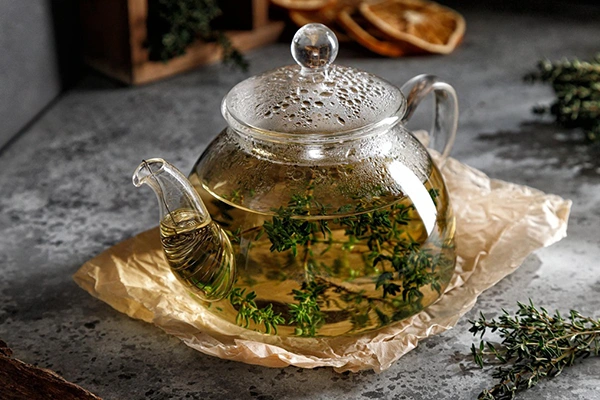
10. Respiratory Health
Supporting respiratory health is one of the valuable herbal tea benefits, especially during cold and flu seasons. Thyme tea, with its aromatic and slightly minty flavor, has been used for centuries to soothe coughs and support respiratory function. The compounds in thyme have expectorant properties, which can help clear mucus and ease breathing.
11. Skin Health
Promoting skin health is one of the lesser-known but significant herbal tea benefits. Nettle tea, rich in vitamins and minerals, can contribute to healthy skin from the inside out. It’s particularly high in antioxidants and anti-inflammatory compounds that may help reduce skin irritation and promote a clear, healthy complexion.
12. Bone Health
Supporting bone health is one of the crucial herbal tea benefits, especially as we age. Horsetail tea, rich in silica, is known for its potential to support bone strength. Silica is essential for the body’s production of collagen, which is vital for maintaining the strength and flexibility of bones and connective tissues.
13. Hormonal Balance
Supporting hormonal balance is one of the valuable herbal tea benefits, particularly for women. Chasteberry tea, also known as Vitex, has been traditionally used to help regulate menstrual cycles and alleviate symptoms of premenstrual syndrome (PMS). It may influence the production of hormones in the pituitary gland, potentially helping to balance female hormones.
14. Anti-inflammatory Properties
The anti-inflammatory properties of certain herbal teas are among their most significant health benefits. Turmeric tea, known for its bright yellow color, contains curcumin, a compound with potent anti-inflammatory effects. Regular consumption of turmeric tea may help reduce inflammation throughout the body, potentially alleviating symptoms of inflammatory conditions like arthritis.
15. Oral Health
Licorice root tea is another herbal brew that demonstrates potential oral health benefits, further showcasing the range of herbal tea benefits. It contains compounds that may help reduce the growth of bacteria associated with tooth decay and gum disease. Additionally, licorice root has anti-inflammatory properties that could help soothe sore gums.
Conclusion
Herbal teas offer a natural and delicious way to support overall health and well-being. The diverse range of herbal tea benefits includes stress relief, improved digestion, immune system support, and antioxidant protection. By incorporating various herbal teas into your daily routine, you can enjoy their unique flavors while potentially enhancing your health. However, it’s important to remember that while herbal teas can be beneficial, they should complement, not replace, a balanced diet and healthy lifestyle. Always consult with a healthcare professional before using herbal teas for medicinal purposes.
